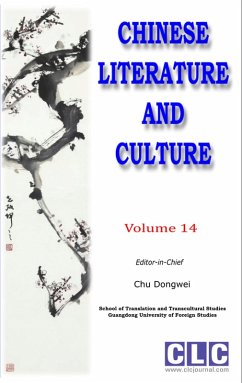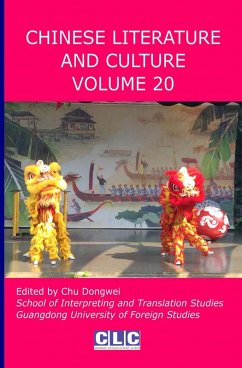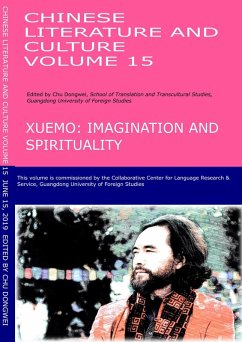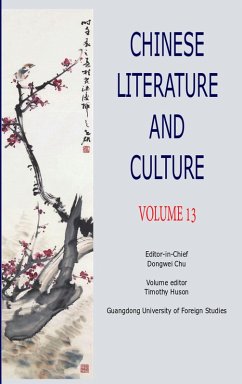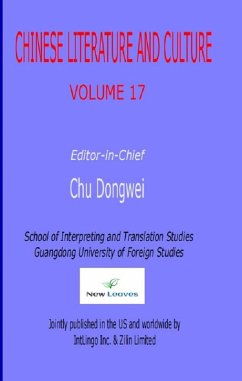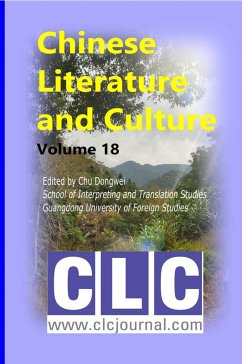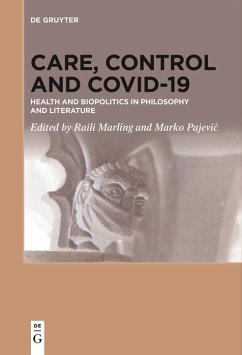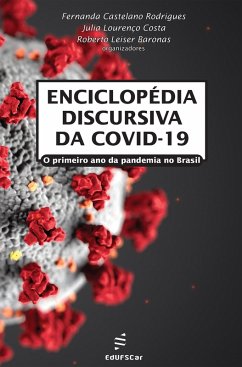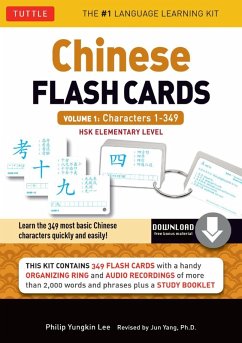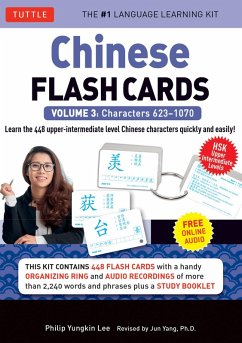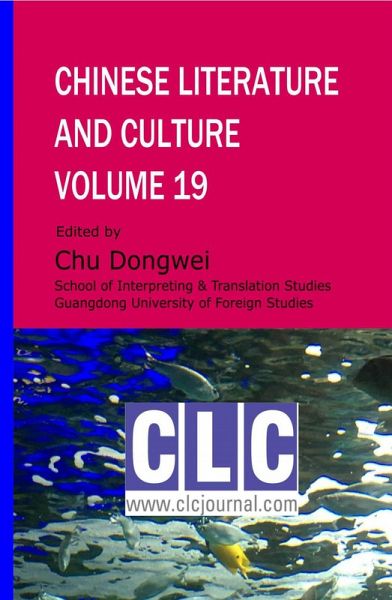
Chinese Literature and Culture Volume 19 (eBook, ePUB)

PAYBACK Punkte
0 °P sammeln!
Editorial: New Talent by Chu DongweiLiterature has always been an outlet of talent and a way to escape from the mundane world for temporary respite. The creative energies released in literature serve as a bridge between our ordinary existence and the possible worlds and ourselves and other souls.Chinese Literature and Culture is not only interested in the creations of established authors and the cultural heritage, our eyes are also on the emerging authors that are already getting their voices heard. Therefore, we are constantly looking for young talent that represent the up and coming generati...
Editorial: New Talent by Chu Dongwei
Literature has always been an outlet of talent and a way to escape from the mundane world for temporary respite. The creative energies released in literature serve as a bridge between our ordinary existence and the possible worlds and ourselves and other souls.
Chinese Literature and Culture is not only interested in the creations of established authors and the cultural heritage, our eyes are also on the emerging authors that are already getting their voices heard. Therefore, we are constantly looking for young talent that represent the up and coming generation. Lin Peiyuan, author of the short story "He Killed the Carp," is just one of the literary young minds that are capable of taking us to travel between the worlds with great skill. While being a student of Chinese Literature, he has already
demonstrated a deep, passionate understanding of human existence and a great mastery of the art of fiction-making.
Chinese Literature and Culture has also been an incubator for young translators. In the past, our editors have found talented postgraduate students that have the potential to fledge into excellent literary translators, not only providing them with the publishing platform but also all possible guidance and assistance they need to be better translators. Liu Liang, prolific writer of online fiction and primary translator of "He Killed the Carp," started the project as part of my Translation Workshop course years ago as a Master of Translation and Interpreting student revised his first manuscript upon listening to advice from a special workshop in which some other GDUFS teachers were also present, Timothy Huson, Stephen Rake, Lan Hongjun, and Kang Zhihong, among others. The criticism was harsh yet highly constructive. Later, he received feedback from the Editorial Board twice and made multiple revisions while immersing himself in English literature, consulting translation professors and native English speakers wherever possible, trying to make every word accurate and fitting. In fact, that is the only way to translational success. There is no shortcut. Because Liu Liang has never given up. The translation you will read is more decent. It has achieved a fair level of excellence. In translation of literature, once you prove you are capable of doing a good job, you can always do a good job. It is difficult to return to bad performance if you are always serious. Your level won't drop. Congratulation to Liu Liang and good luck!
A further note. Taking students of language, literature and translation into consideration, CLC will publish more and more bilingual issues like this one.
Literature has always been an outlet of talent and a way to escape from the mundane world for temporary respite. The creative energies released in literature serve as a bridge between our ordinary existence and the possible worlds and ourselves and other souls.
Chinese Literature and Culture is not only interested in the creations of established authors and the cultural heritage, our eyes are also on the emerging authors that are already getting their voices heard. Therefore, we are constantly looking for young talent that represent the up and coming generation. Lin Peiyuan, author of the short story "He Killed the Carp," is just one of the literary young minds that are capable of taking us to travel between the worlds with great skill. While being a student of Chinese Literature, he has already
demonstrated a deep, passionate understanding of human existence and a great mastery of the art of fiction-making.
Chinese Literature and Culture has also been an incubator for young translators. In the past, our editors have found talented postgraduate students that have the potential to fledge into excellent literary translators, not only providing them with the publishing platform but also all possible guidance and assistance they need to be better translators. Liu Liang, prolific writer of online fiction and primary translator of "He Killed the Carp," started the project as part of my Translation Workshop course years ago as a Master of Translation and Interpreting student revised his first manuscript upon listening to advice from a special workshop in which some other GDUFS teachers were also present, Timothy Huson, Stephen Rake, Lan Hongjun, and Kang Zhihong, among others. The criticism was harsh yet highly constructive. Later, he received feedback from the Editorial Board twice and made multiple revisions while immersing himself in English literature, consulting translation professors and native English speakers wherever possible, trying to make every word accurate and fitting. In fact, that is the only way to translational success. There is no shortcut. Because Liu Liang has never given up. The translation you will read is more decent. It has achieved a fair level of excellence. In translation of literature, once you prove you are capable of doing a good job, you can always do a good job. It is difficult to return to bad performance if you are always serious. Your level won't drop. Congratulation to Liu Liang and good luck!
A further note. Taking students of language, literature and translation into consideration, CLC will publish more and more bilingual issues like this one.
Dieser Download kann aus rechtlichen Gründen nur mit Rechnungsadresse in A, B, CY, CZ, D, DK, EW, E, FIN, F, GR, H, IRL, I, LT, L, LR, M, NL, PL, P, R, S, SLO, SK ausgeliefert werden.




